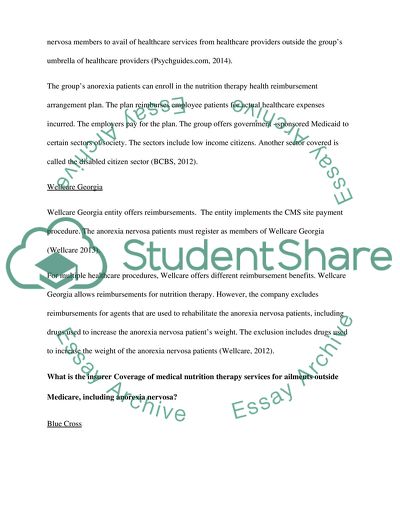Cite this document
(Medicare Nutrition Therapy Assignment Example | Topics and Well Written Essays - 1500 words, n.d.)
Medicare Nutrition Therapy Assignment Example | Topics and Well Written Essays - 1500 words. Retrieved from https://studentshare.org/health-sciences-medicine/1835704-private-insurers-and-state-medicaid-q-a-report
Medicare Nutrition Therapy Assignment Example | Topics and Well Written Essays - 1500 words. Retrieved from https://studentshare.org/health-sciences-medicine/1835704-private-insurers-and-state-medicaid-q-a-report
(Medicare Nutrition Therapy Assignment Example | Topics and Well Written Essays - 1500 Words)
Medicare Nutrition Therapy Assignment Example | Topics and Well Written Essays - 1500 Words. https://studentshare.org/health-sciences-medicine/1835704-private-insurers-and-state-medicaid-q-a-report.
Medicare Nutrition Therapy Assignment Example | Topics and Well Written Essays - 1500 Words. https://studentshare.org/health-sciences-medicine/1835704-private-insurers-and-state-medicaid-q-a-report.
“Medicare Nutrition Therapy Assignment Example | Topics and Well Written Essays - 1500 Words”, n.d. https://studentshare.org/health-sciences-medicine/1835704-private-insurers-and-state-medicaid-q-a-report.


